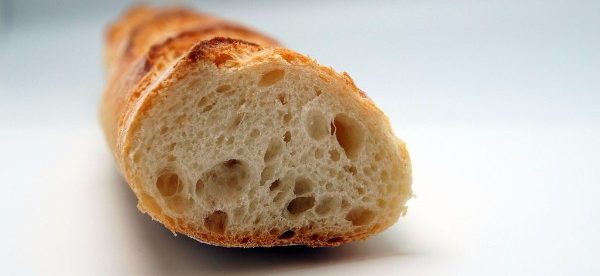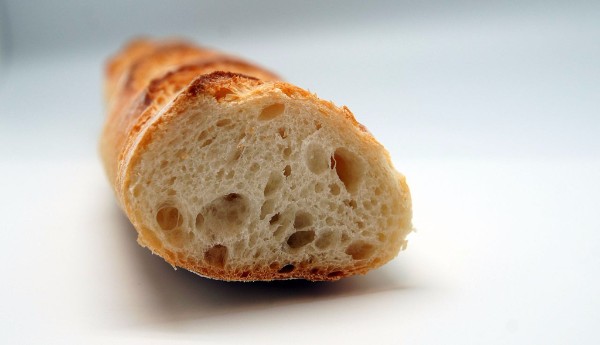Why Parisian Bakers Can’t Always Go On Vacation


Okay, that title isn’t quite right. Parisian bakers can go on vacation whenever they want. But that wasn’t true until the summer of 2015.
But let’s start in 1775 — something called the “Flour War.” In the spring of that year, France was hit by a grain shortage. The previous years’ harvests were weak and while the government had extra grain stored up, they opted not to release it to the masses for some reason. This turned out to be a big problem. Bread was such a staple food in France at the time; per Smithsonian, “the average 18th-century worker spent half his daily wage on bread,” and that was before the price spiked from decreased supply. As a result, riots ensued — a precursor to the French Revolution, which would start less than fifteen years later. And there was more of the same when war broke out in 1789; that is, the French Revolution itself also featured bread riots. And riots and wars and the like? They’re best avoided.
As grain supplies rebounded, though, France was met with another potential problem: the bakers needed some time off. Nothing out of the ordinary here — we could all use a vacation now and again — but someone panicked. The risk of closed bakeries was very real to lawmakers — in October of 1789, rioters hanged a baker for not opening his shop — and really, whether the baker was on vacation or whether he was truly a peasant-hating monopolist was immaterial. The government wanted to make sure that there was always bread for sale in Paris, harvest permitting. That meant regulating when bakers could take time off.
Over the decades and then centuries, the law changed a bit, but as the 1900s yielded to the 21st century, it remained on the books. In 1995, per Quartz, “the law required half of Paris’ 1100 bakeries to stay open in July and the other half in August.” Bakers had to notify the city government before they went on vacation to ensure compliance, and those who decided to skirt the law could be fined up to 11 euros (about $12.50) a day. That isn’t a ton for a seven-day reprieve ($87.50, give or take), but it still may be enough to convince a baker to better plan his or her time off. Regardless, the law seemed antiquated.
Yet, starting in 1995 and running through 2014, the Paris government renewed the law annually. Perhaps that’s because, for most Parisian shoppers, the arcane rule was invisible — some, per NPR, “figured bakeries had some arrangement between each other in summer.” That was, effectively, true — bakers would “get together and decide who would cover July and who August,” NPR noted. But that changed in 2015. That summer, Paris decided not to renew the law.
The effect was probably not a huge one, but reality didn’t stop people from complaining. Some media outlets feared a “baguette crisis” would ensue. Eater reported that “no official numbers are available, but many Parisians are noticing that their favorite bakeries are shuttered, making for some very annoyed customers.” But the French press downplayed the issue, with (per the Washington Post) one saying simply that “Paris remains a big city where you can accomplish the mission (of finding a baguette) if you accept to walk a few meters more.” All in all, the law seemed unnecessary to ensure a good piece of bread — and certainly unnecessary to prevent riots. After all, In 2015, there were no French bread riots.
Bonus fact: In 2015, there was another brouhaha over the French bakeries and their hours of operation. A baker named Stephane Cazenave had won the hearts and stomachs of his country mates — his baguettes had earned a “best of France” award the year before, and business was booming. His bakery was doing so well, it remained open seven days a week. Unfortunately, the law required otherwise — France demanded that all bakeries, including Cazenave’s, close at least one day each week, or face steep fines. The dispute turned into a political firestorm in the country and has yet to be resolved (although newly elected French President Emmanuel Macron seemed to side with Cazenave).
From the Archives: The Great Bread Squeezing Crime Spree of the Late 1990s: Yes, squeezing bread can be a crime, if you do it too often. And if it’s someone else’s bread.
Related: A book on how to bake your own bread. 54 reviews averaging 4.3 stars.
